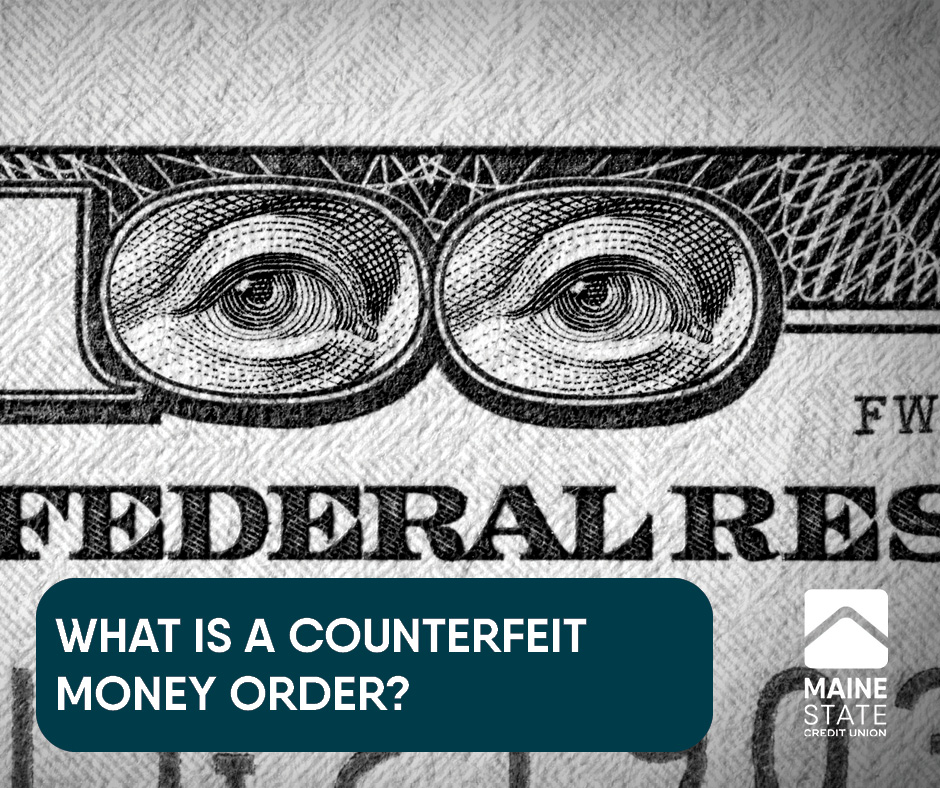What is a Counterfeit Money Order?
Counterfeit Money Orders
The latest scam to hit American consumers involves counterfeit financial instruments. It's costing victims millions of dollars each month. Counterfeit checks and money orders — including postal money orders — are used in the scam, which often starts with what appears to be an innocent contact via an Internet chatroom or by email.
Con artists posing as students, tourists, and overseas military personnel ask for help in cashing checks and money orders, or target people looking for love or companionship, in order to exploit their vulnerability. Online auctioneers are also at risk. Scammers buy goods or services on the Web and offer payment by check or money order — often in excess of the actual value of the goods or services.
In most cases, con artists ship the check or money order and ask the victim to cash it, keep a portion as a "gift," and wire back the rest, usually to an overseas address.
Credit union members and/or bank customers are responsible for the checks they deposit, and victims must repay the bank for bad checks. Federal law requires banks to make the funds you deposit available quickly, but it's important for consumers to know that, just because you can withdraw the money, it doesn't mean the check is good. Credit unions and Banks often release funds from a cashier's check or money order before it clears.
Media Contact:
Jennifer Roper
Vice President of Marketing
200 Capitol Street
Augusta, ME 04330
Email: jroper at mainestatecu dot org
Phone: 207-242-4290

